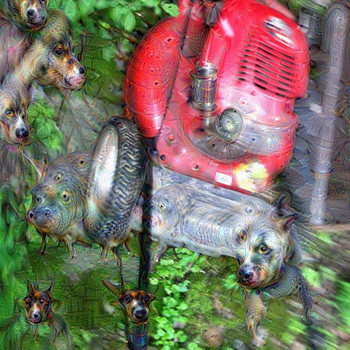What quantity changes among charge stored, voltage involved, and capacitance in the following?
#a)# Doubling the charge
#b)# Tripling the voltage
1 Answer
Capacitance is a characteristic of a capacitor which relates how much charge it stores at a specific voltage. It does not change in either case.
Explanation:
Considering that Capacitance
a)
If
then
b)
If
then
In THIS equation,
For a simple parallel plate capacitor, the capacitance (
Here


